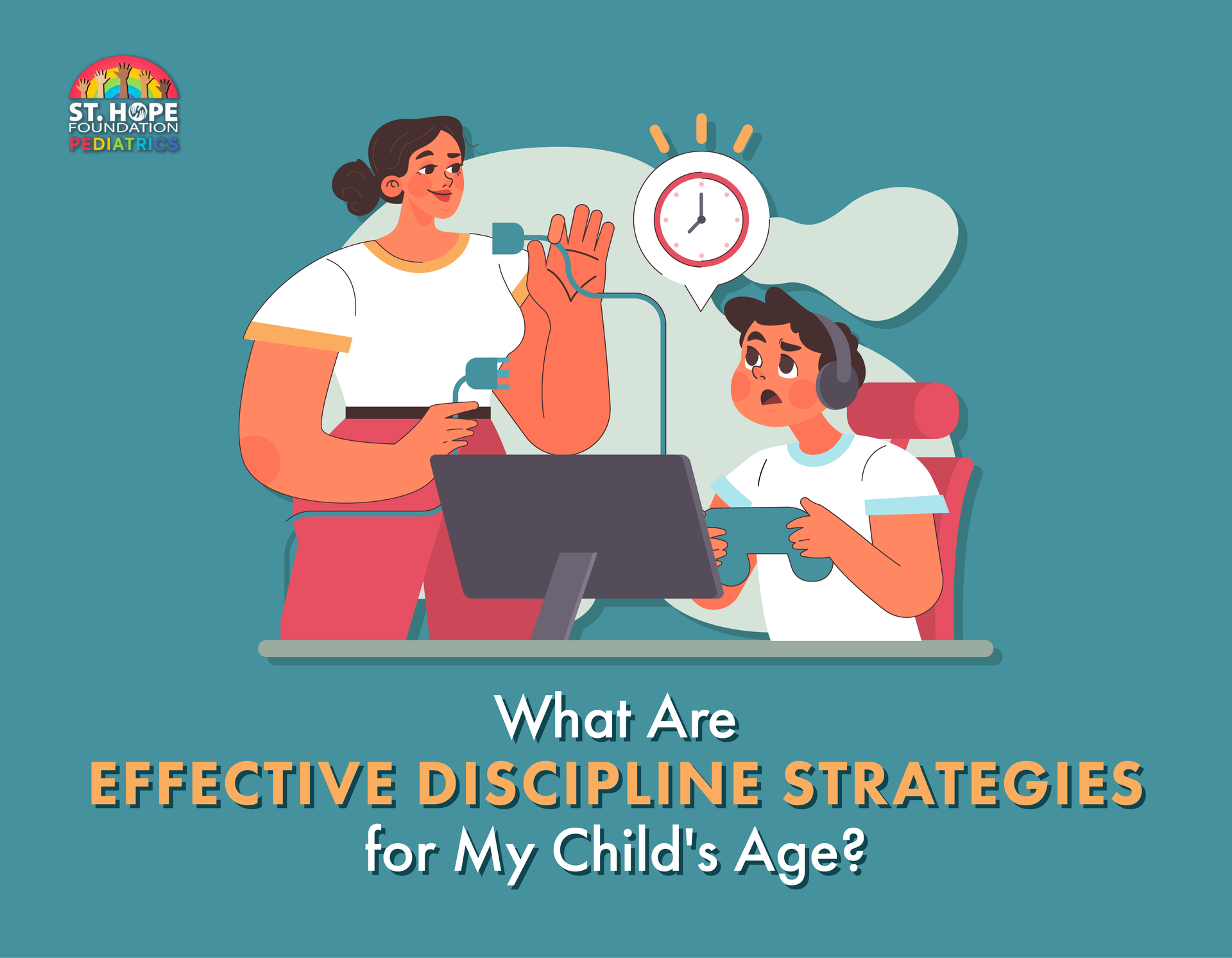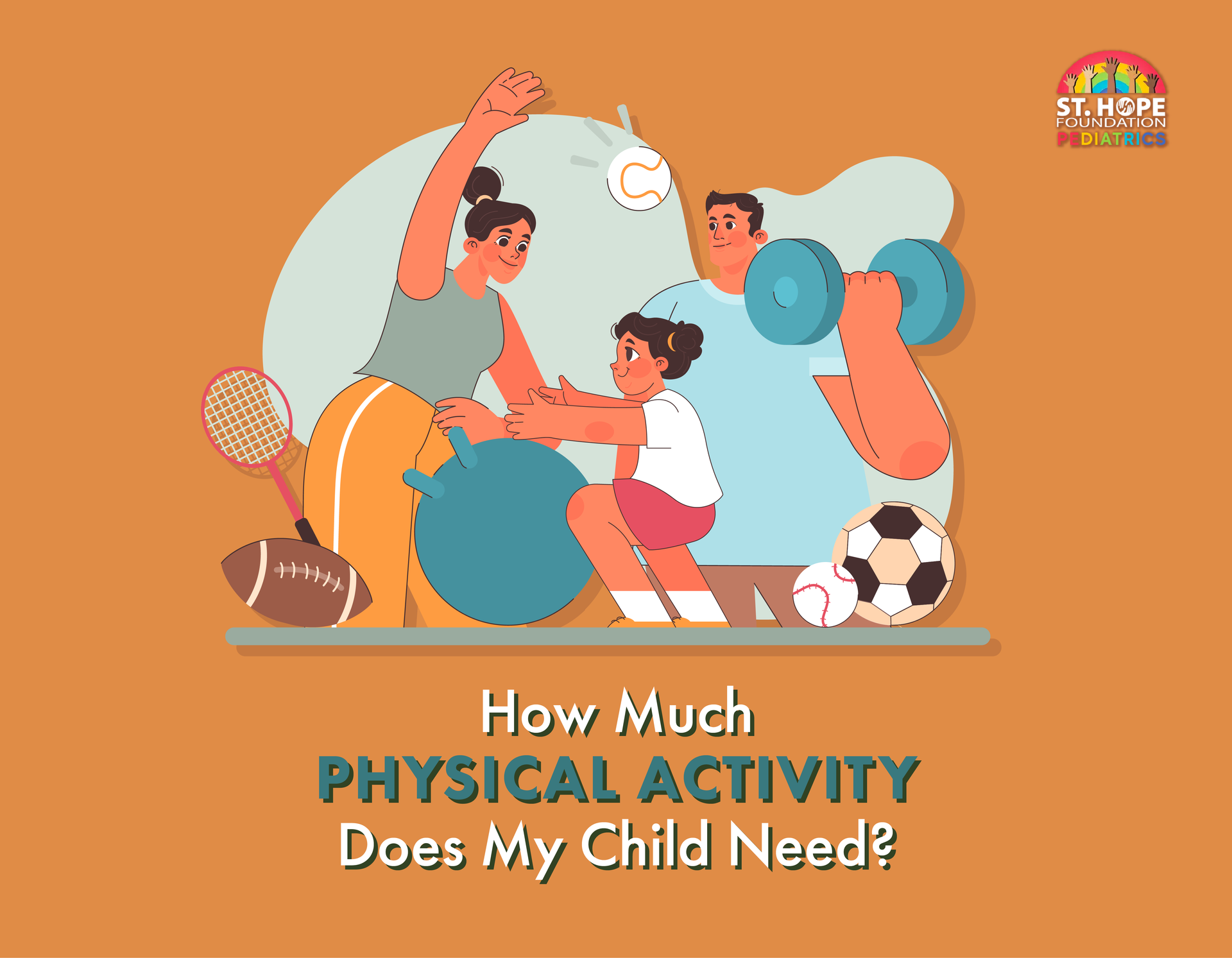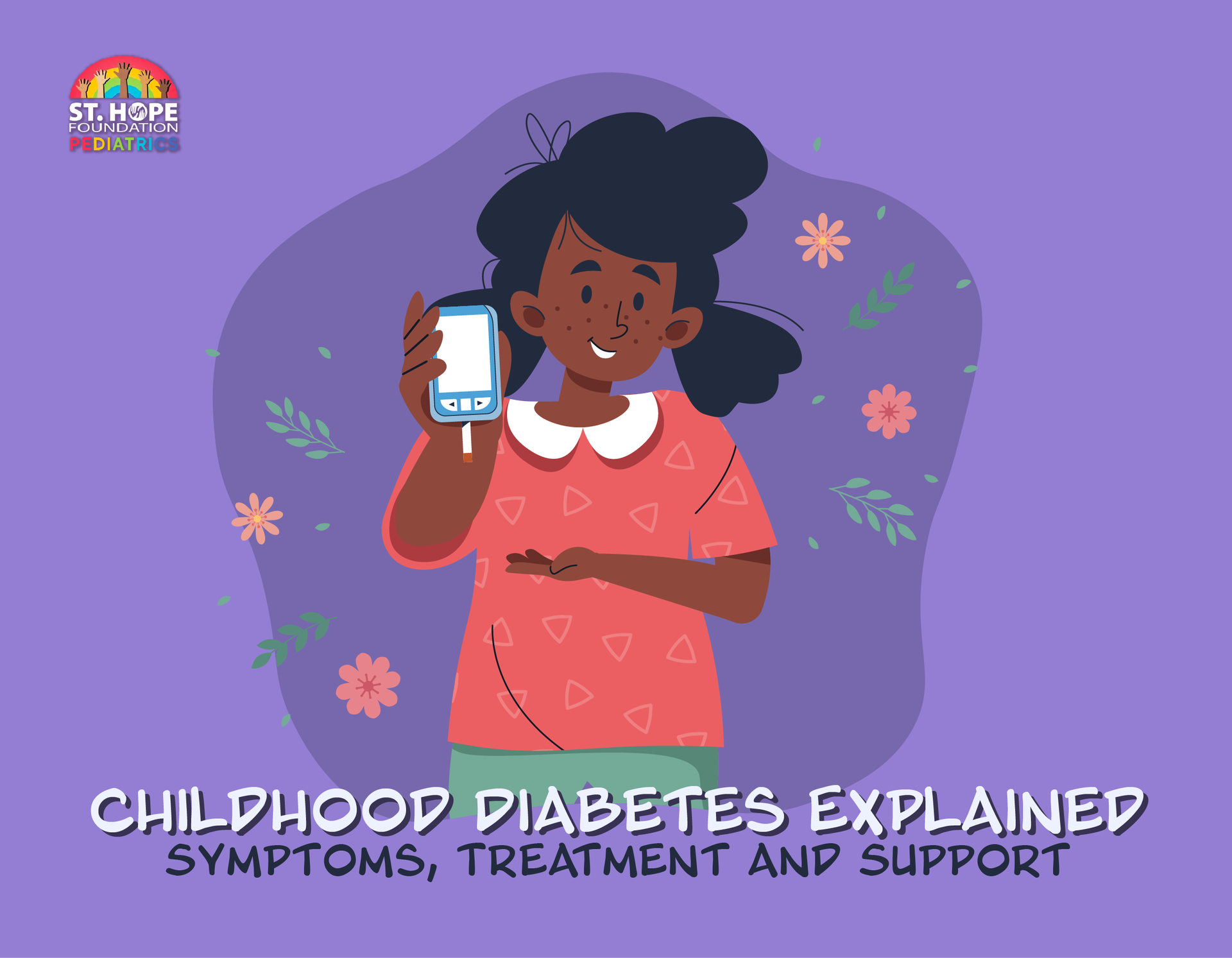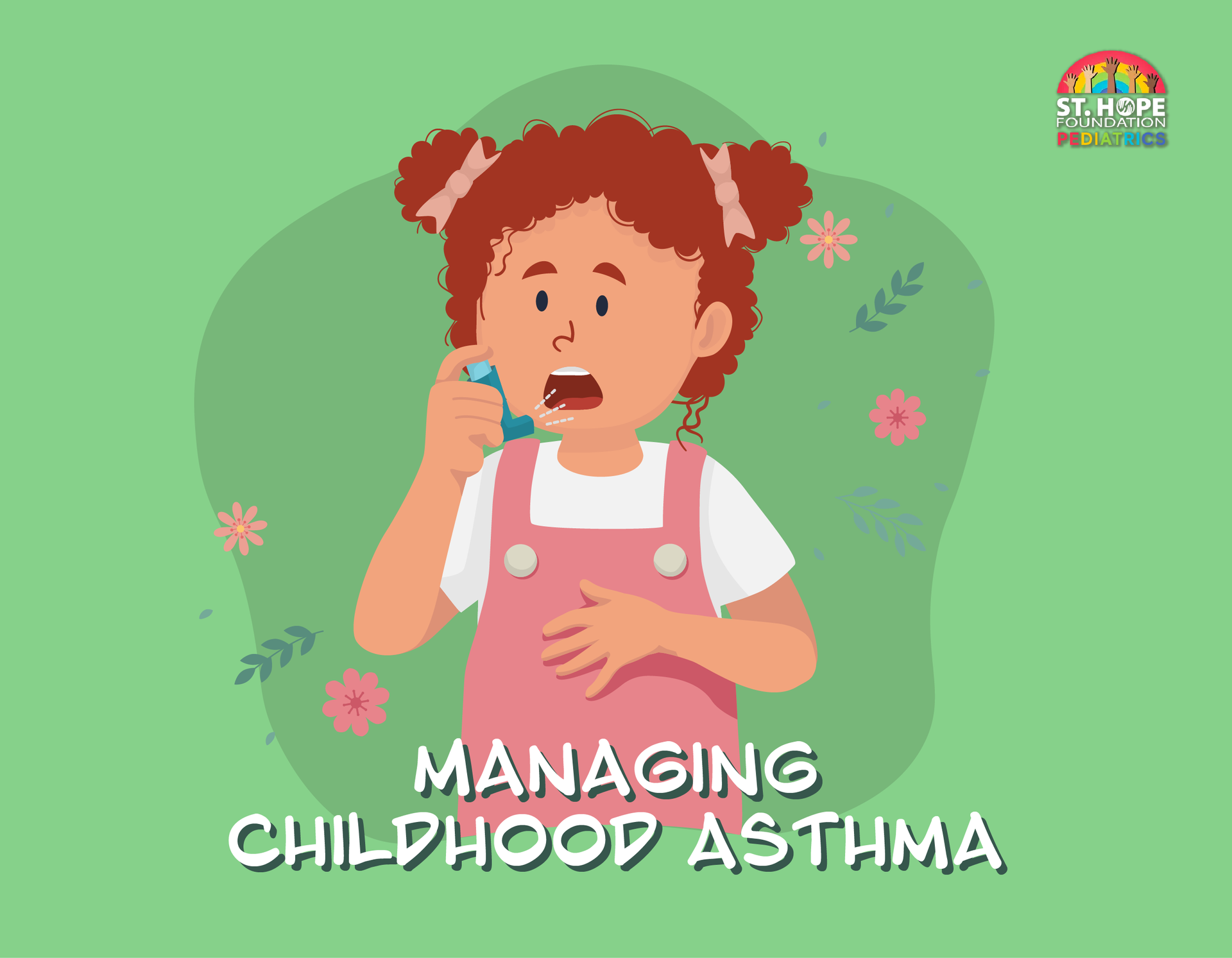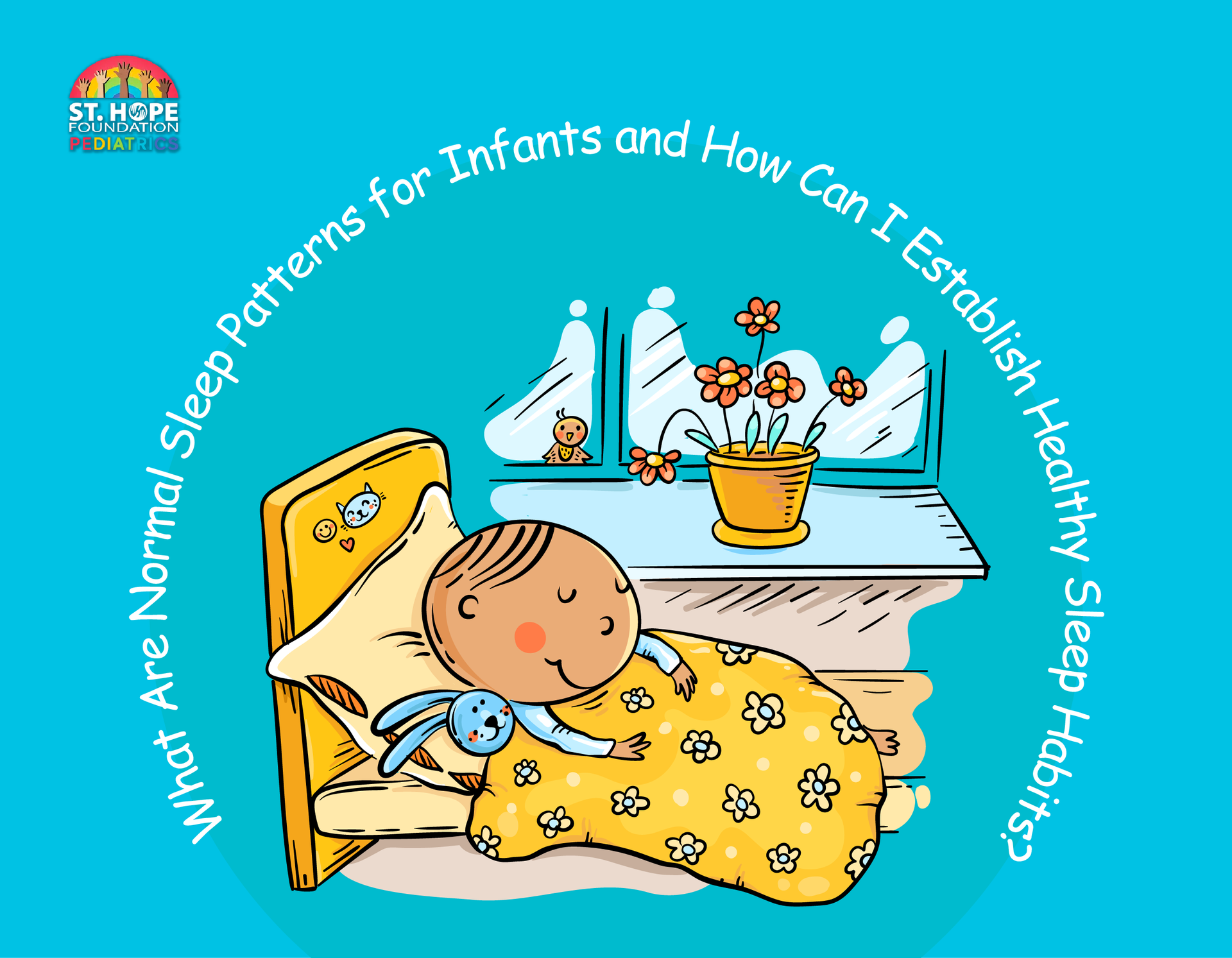Locations in Sugar Land and Greenspoint | Call Today to Schedule an Appointment!
Scheduling is Available 24/7 | For Existing Patients Please Call (956) 593-1337
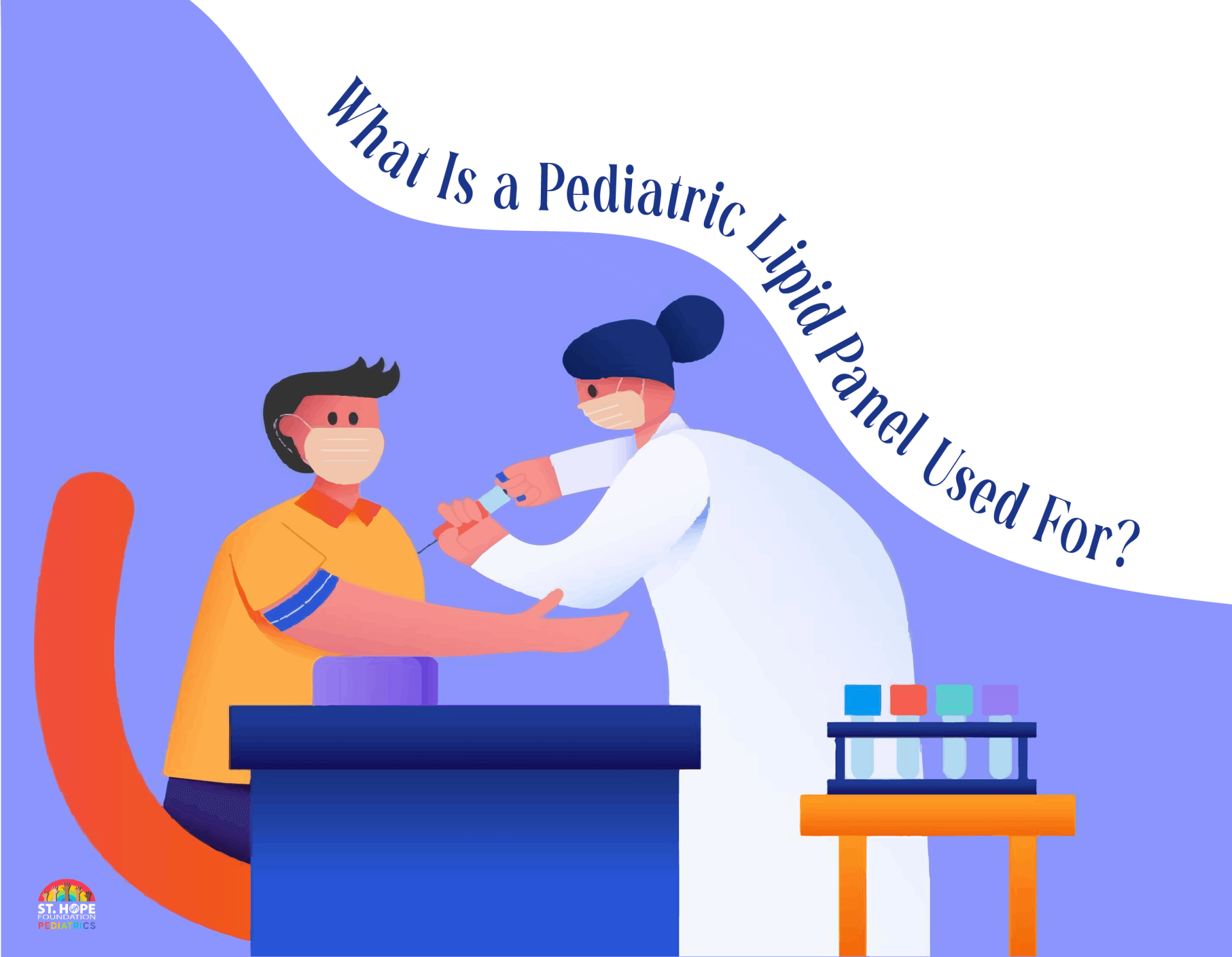
As a parent, you want to be sure that your child receives the best comprehensive pediatric care throughout their childhood. From annual checkups to treating the occasional illness, a pediatrician (a doctor specializing in the medical care of children) is there to monitor your child’s health and development from infancy into adolescence.
It’s not uncommon for a pediatric specialist to recommend laboratory services like diagnostic testing and panels including pediatric lipid profiles. This type of testing can be used to identify any problems and show a child’s risk for developing heart disease or atherosclerosis (a hardening, narrowing, or blockage of the arteries).
What Is a Lipid Panel?
A lipid panel is a type of blood test that can be performed on children two years of age and older. It measures different kinds of fats in the blood to detect early signs of disease or medical conditions. This is incredibly important for children who have a genetic history of early ischemic cardiovascular disease (CVD).
The main fats include:
- Total cholesterol – Measures cholesterol (a fatty substance that’s essential to the body) levels
- High-density lipoprotein (HDL) cholesterol – Measures the amount of “good” cholesterol
- Low-density lipoprotein (LDL) cholesterol – Measures the amount of “bad” cholesterol
- Triglycerides – Measures the number of triglycerides (energy reserves) in the body
How Do You Know if Your Child Needs a Lipid Panel Performed?
In most cases, your pediatric specialist will recommend a pediatric lipid profile when they believe it is medically necessary. Be sure to disclose all family history and medical records with your child’s doctor so they can provide informed recommendations.
Oftentimes, a family’s medical history is reason enough to order blood work if a pediatrician suspects your child could be at risk of developing early signs of CVD.
Is Your Child at Risk of Developing Heart Disease?
According to Nationwide Children’s, selective screening for CVD should start at two years old if the child has pre-established risk factors, including:
- Parent(s) with abnormally elevated lipids (cholesterol and fats)
- A family history of early CVD
- Hypertension (high blood pressure)
- Obesity
- Diabetes (type 1 or type 2)
- Kidney disease
- Heart transplant
- Chronic inflammatory disease
- Tobacco use
- HIV
- Nephrotic syndrome (kidney disorder)
How to Prepare Your Child for a Pediatric Lipid Panel
If your doctor has recommended laboratory testing for your child, including a lipid panel blood test, you will need to guide your child through expectations and preparations. Let your pediatrician know if your child is currently taking any medications as they could alter the results of the test.
Before the screening, your pediatrician may advise you to have your child fast (no eating or drinking) for eight to 12 hours and pause any form of exercise for 12 to 14 hours. It’s also helpful to let your child know ahead of time that the procedure will hurt a little bit, but the pain will subside immediately after it’s done. You can also describe what it will be like when they arrive at the lab and the things they might see. This sets expectations for them and will hopefully reduce their pre-testing anxiety.
On the day of the lipid panel blood test, have your child wear a loose-fitting T-shirt. It is also recommended that you bring a book or toy as a distraction to keep your child as comfortable (and still) as possible. In most cases, the technician should allow you to stay with your child during the test.
What To Do After the Lipid Panel Test
As a parent, there are a few things you can do to end the experience on a high note.
- Praise your child for being brave and give them credit for getting through it
- Comfort them if they are crying or in pain
- Take them to get their favorite treat or snack
- Go somewhere they enjoy and spend time together
Houston Pediatric Laboratory Services
Your child’s health and well-being are important to our team at the St. Hope Foundation. We believe that accurate laboratory testing and services are vital to a child’s pediatric care. We offer an extensive list of lab services including pediatric lipid profiles, allergy testing, chemistry panels and more.
St. Hope is ready to partner with you to ensure your child receives the highest quality pediatric care in Houston. Contact us online or give us a call at (713) 778-1300 to schedule an appointment today.

